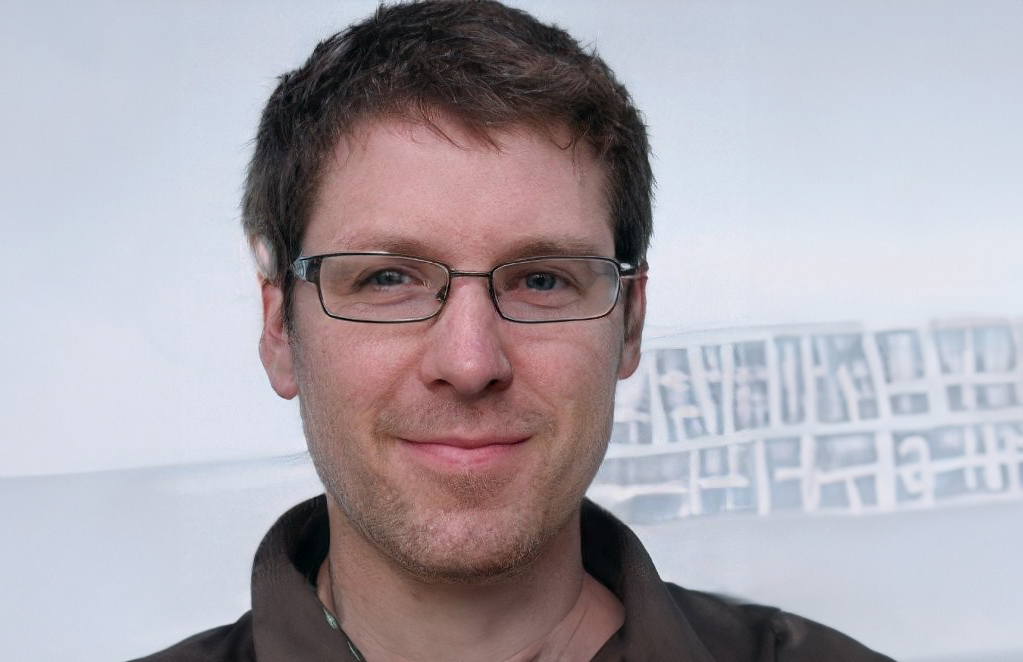
When Christopher Blackden enrolled in Drexel University’s online
Master of Science in Systems Engineering
program in 2012, he was working full-time as an IT technician while also
raising a toddler at home with a partner who worked nights. He chose Drexel
because of the strength of its programs, but there was also a sense of fate
in his decision.
“Having gotten my undergraduate degree at La Salle University in
Philadelphia, I knew about Drexel’s reputation as an engineering school
already,” Blackden explains. “I actually had classmates at La Salle who
said that I should have picked Drexel for undergrad after seeing how I
worked through problems.”
Juggling school, work, and family life proved demanding in Blackden’s first
quarter, and managing a full course load while holding down a full-time job
and new fatherhood pushed him to his limits. Thankfully, Drexel’s online
programs allowed him to adjust to a pace that was more suited to his
schedule.
“There are a couple of funny stories during that time where [my partner]
would come home in the early morning and I’d fallen asleep on top of my
laptop,” Blackden recalls with a laugh. “I somehow managed to finish that
quarter, but quickly moved to part-time, taking only the classes that my
employer’s tuition reimbursement benefit would cover.”
With perseverance and a scaled-back course load, Blackden continued
advancing through the program over the next eight years. During that time,
he changed jobs several times and eventually relocated to Philadelphia for
work, picking up new engineering responsibilities and skills with each
stop.
Blackden credits Drexel’s systems engineering curriculum for accelerating
his career growth and equipping him with an invaluable mindset and
skillset. Shortly after starting at Drexel, he was promoted into an
engineering role where he could implement the systems engineering
principles he was learning. For example, after taking an engineering
statistics course, Blackden built a predictive analytics tool that
decreased server downtime during complex software updates for his employer
at the time.
“The system engineering mindset itself has been incredibly beneficial for
my career,” he explains. “Being able to break a complex system or issue
down to its base components, see the relationships between different parts,
and identify how each piece contributes to the whole has been incredibly
powerful and useful for both my professional career, as well as personal
projects I’ve taken on.”
Today, Blackden serves as Infrastructure Engineer at the
Center for Data-Driven Discovery in Biomedicine
at Children’s Hospital of Philadelphia.
In this role, he helps design, build, maintain and secure cloud-based
systems supporting cutting-edge pediatric disease research. He also teaches
graduate data science courses at Drexel as an adjunct professor.
Reflecting on his eight-year path through graduate school while climbing
the career ladder, Blackden says the long haul was worth it. “The world has
a lot of problems that need solving. Engineers are people who can not only
take a look at a complex problem, but help design and build systems to
address those problems."